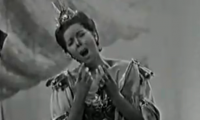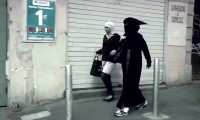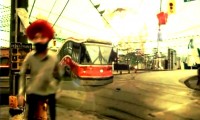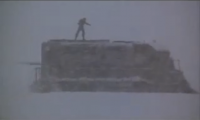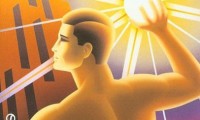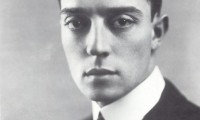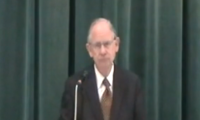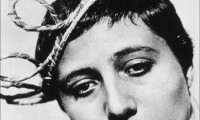When I first saw her name, I pronounced it to rhyme with Sinbad or Iliad, which was really stupid because the pronunciation of her name follows the same rules as mine.
I saw an ad for “The Lion and the Cobra” in a Montreal Weekly Magazine in 1987, probably the Hour. I scrounged the money together to buy the record even though I didn’t own a record player (and in fact would never own a record player again.)
It was of course ingenuous of me to judge that book by its cover. But my judgment turned out to be correct. There was no disappointment there. Just amazement.
Sinéad O’Connor’s voice has changed since those late eighties, when it was raw power.
Sinéad O’Connor, “Troy” (Pinkpop Festival, 1988)
It was power she needed four years later, in the early nineties, when she had to push back against the catcalls she got for challenging the Catholic Church to come clean about child abuse (begging the question, who’s booing now?)
There was mockery from Madonna, who has never been a rebel (she just plays one on TV) and misogyny from Joe Pesci, who said he would have punched her in the face if she had insulted the Pope on his watch.
And then there was this.
Sinéad O’Connor, “War” (Bob Dylan Tribute Concert, 1992)
Sinéad doesn’t need to push back like that any more though. These days she can afford to make other tonal choices. I can find no better example than this performance of a prayer, in which her voice is just plain pure deepening:
Sinéad O’Connor, “Jeremiah” (The Sugar Club, 2006)
Look at the way, in all three of these vids, that she checks in with her fellow musicians. When things are going well, she casts back a bright, beaming look, a “Hey, I think they liked that.” When things aren’t going well, she bears it alone.
When I hear her sing, there is no where else I would rather be. I don’t have that kind of identification with other singers. But there’s something kinesthetic about O’Connor’s powers. She’s literally transparent when she sings, physically transparent. Luminescent. She leads you through the cave of a song with a torch, and you feel the heat of the flame. It’s why I could judge that book by its cover. Because you can see the sound in her.
– Sean Dixon
